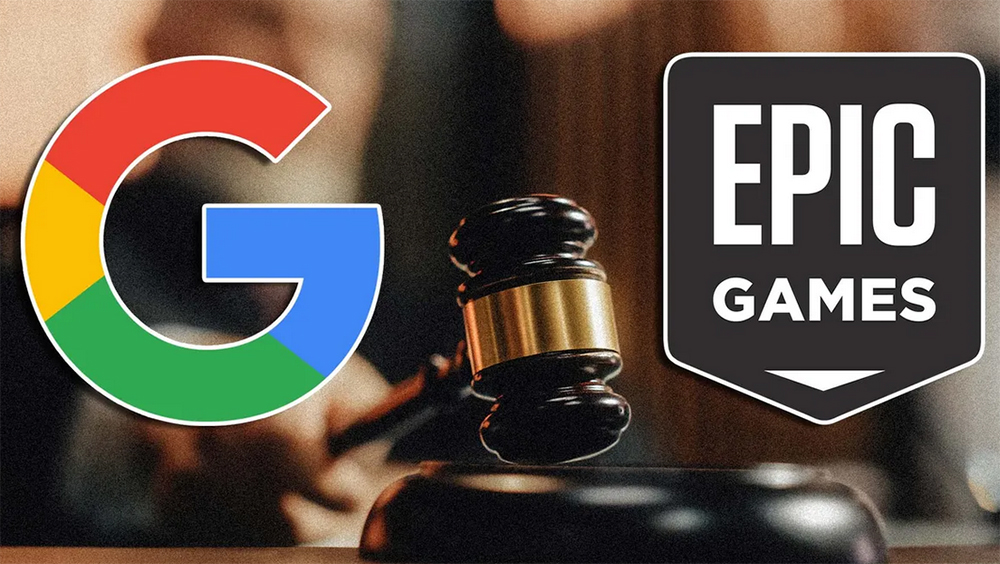In the corporate world, lawsuits often become precedents that shape the future of entire industries. This is exactly how we at YourDailyAnalysis view Google’s latest attempt to halt the enforcement of a court order issued in the Epic Games case. This is not just about disputes over app store commissions — it is a challenge to the model of control over the digital ecosystem that could affect hundreds of millions of users and hundreds of thousands of developers.
Google has appealed to the U.S. Supreme Court, asking it to suspend a ruling by federal judge James Donato requiring the company to allow users to download rival app stores through Google Play and enable developers to place external links that bypass its billing system. Google argues that complying with such an order would create reputational and competitive risks while potentially undermining the security of the entire ecosystem. “The company is trying to frame this not only as a matter of revenue but as an issue of stability for the entire Android platform,” note analysts at YourDailyAnalysis.
Epic Games, by contrast, insists these arguments are nothing more than an attempt to cover up monopolistic practices. A jury in 2023 sided with Epic, finding that Google had unlawfully restricted competition. Judge Donato subsequently issued a ruling that essentially dismantles the established architecture of the Play Store. At YourDailyAnalysis, we emphasize that this ruling marks the first significant step toward giving users greater freedom of choice and lowering commissions, but it also raises serious questions about cybersecurity and quality control over app content.
Google claims that the case involves risks for more than 100 million U.S. Android users and 500,000 developers. The company is pushing for a delay until October 17 to prepare a full appeal by October 27. “The urgency demonstrates just how critical it is for Google to maintain the status quo,” add experts at YourDailyAnalysis.
The situation is further complicated by the fact that the 9th Circuit Court of Appeals has already upheld Epic’s case, calling the evidence of Google’s anticompetitive behavior overwhelming. Google’s attempt to have the case reheard by the full court was rejected, further tightening the pressure. Epic CEO Tim Sweeney publicly stated that this victory would usher in a new era of choice and competition for both developers and consumers.
At YourDailyAnalysis, we see this as more than a corporate fight between two companies – it could represent a turning point for the entire digital distribution market. Should the Supreme Court side with Epic, other tech giants could face similar demands for platform openness. That would put the traditional model of “walled gardens” at real risk.
Our forecast: Google will continue to buy time and double down on its security arguments, but pressure from regulators and rivals is only set to grow. We recommend investors keep a close eye on developments: the final ruling could shift the balance of power in the global app industry and set new standards for digital marketplaces.















